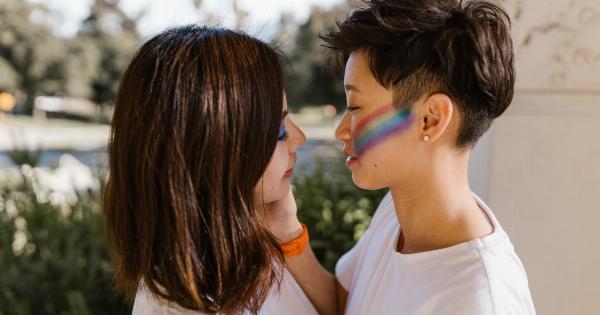When we think of adulthood, we often think of it as a milestone that marks the end of our teenage years and the beginning of a new stage in our lives.
However, the question of when adulthood really begins is not a simple one, as it depends on various factors and perspectives.
Biological Factors
From a biological point of view, adulthood is marked by the onset of puberty, which usually occurs between the ages of 8 and 13 for girls and between the ages of 9 and 14 for boys.
This is the stage at which the body begins to undergo physical changes that signal the transition from childhood to adolescence and ultimately to adulthood.
However, while puberty is a biological marker of adulthood, it does not necessarily mean that a person is emotionally or mentally ready to take on adult responsibilities.
Many adolescents may still feel like children or teenagers even after they have gone through puberty, and may not be ready to take on the challenges and responsibilities of adulthood until they are in their late teens or early twenties.
Social Factors
From a social perspective, adulthood is often defined by cultural and societal norms that vary widely across different countries and cultures.
In some cultures, adulthood may be defined by the age at which a person is expected to get married and start a family, while in others it may be defined by the age at which a person is allowed to vote, drink, or drive.
In many Western cultures, the age of 18 is considered a milestone age at which a person is legally recognized as an adult and is allowed to vote, buy cigarettes, and join the military.
In the United States, 21 is the legal age at which a person is allowed to drink alcohol, while in some other countries the legal drinking age is 18 or even lower.
Maturity and Responsibility
While biological and social factors play a role in determining when adulthood begins, the true test of adulthood lies in a person’s maturity and responsibility.
A person who is physically mature and legally an adult may still lack the emotional and mental maturity necessary to handle adult responsibilities such as managing finances, holding down a job, and raising a family.
On the other hand, a person who is not legally an adult may exhibit a high level of maturity and responsibility, such as a teenager who takes care of his or her younger siblings while their parents are at work or a young adult who starts their own successful business.
The Importance of Personal Development
In the end, the question of when adulthood begins is less about age and more about personal development.
We all grow and mature at different rates, and it is up to each individual to determine when they feel ready to take on adult responsibilities and make their own way in the world.
Personal development can take many forms, from learning life skills such as cooking, cleaning, and budgeting to developing emotional intelligence and interpersonal skills that are essential for successful relationships and careers.
The Meaning of Adulthood
Ultimately, the answer to the question of when adulthood begins is a deeply personal one that depends on each individual’s experiences, values, and goals.
While some may see adulthood as a time of freedom and independence, others may view it as a time of responsibility and sacrifice.
Whatever your perspective on adulthood may be, it is important to remember that it is not a fixed state but a continuous process of growth and change.
By continuing to learn, grow, and develop throughout our lives, we can all strive to be the best versions of ourselves and make meaningful contributions to our communities and our world.
Conclusion
In conclusion, the question of when adulthood begins is not a simple one, as it depends on a complex interplay of biological, social, and personal factors.
While puberty may signal the beginning of physical maturity, it is personal development and responsible decision-making that truly define adulthood.
Ultimately, the journey to adulthood is a lifelong one that requires self-awareness, growth, and a willingness to learn from our experiences and the world around us.



























